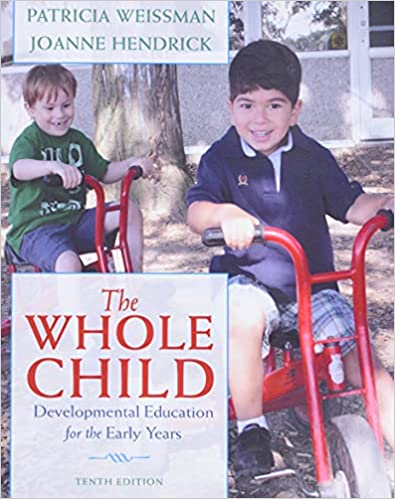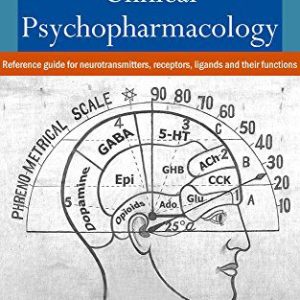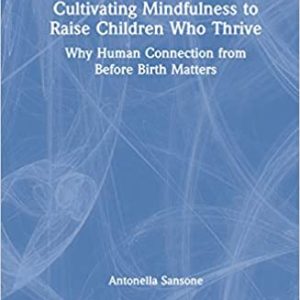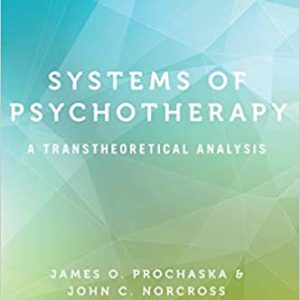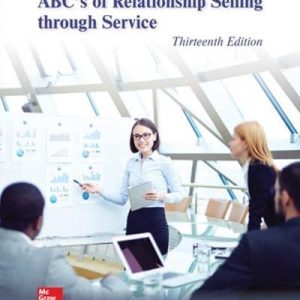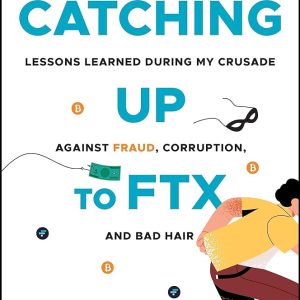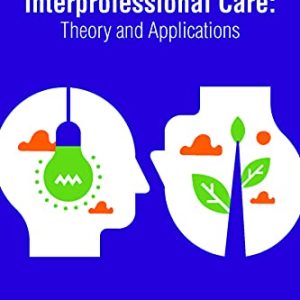The Whole Child : The Developmental Education for the Early Years 10th Edition
The Whole Child : The Developmental Education for the Early Years 10th Edition PDF
ISBN-10 : 0132853426
ISBN-13 : 978-0132853422
Format: ORIGINAL PDF
$12.99
The Whole Child : The Developmental Education for the Early Years 10th Edition PDF
Overview
The Whole Child is a practical methods book for foundational or introduc-
tory courses in early childhood education. It explains how to teach and
care for young children from infancy through Grade 3 in ways that foster
healthy development. It helps preservice teachers understand what chil-
dren need from the learning environment in order to thrive. For that rea-
son, it focuses on the child and pictures him or her as composed of a
number of selves: the physical self, the emotional self, the social self, the
cognitive self, and the creative self.
A Focus on the Domains: The Five Selves
The discussion of the physical self includes not only large- and fine-muscle
development but also how to best handle routines because such things as
eating, resting, and toileting contribute much to physical comfort and well-
being. For the emotional self, the book considers ways to increase and sus-
tain mental health, to cope with crises, to use guidance to foster self-control,
to cope with aggression, and to foster self-esteem. Included for the social self
are ways to build social concern and kindness and learning to value the cul-
tures of other people. The cognitive, or intellectual, self is considered in terms
of language and literacy development, the development of reasoning and
thinking skills via the emergent approach, and the development of specific
reasoning abilities. Finally, the creative self covers the areas of self-expression
through the use of art materials and creativity as expressed in play and applied
in thought.
The Whole Child is based on the premise that physical and emotional health
are fundamental to the well-being of children, that education must be develop-
mentally appropriate if that well-being is to prosper, and that children need
time to be children—time to be themselves, to do nothing, to stand and watch,
and to repeat again what they did before. In short, they need time to live in
their childhood rather than rush through it. If we offer the young children we
teach rich and appropriate learning opportunities combined with enough time
for them to enjoy and experience those opportunities to the fullest, we will
enhance childhood, not violate it.
Showing 1–12 of 1665 results
-
Sale!
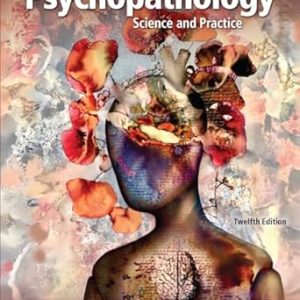
Psychopathology: Science and Practice 12th Edition
$15.99 Add to cart -
Sale!
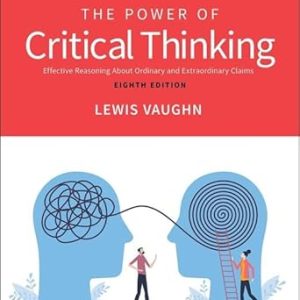
The Power of Critical Thinking: Effective Reasoning About Ordinary and Extraordinary Claims, 8th Edition
$15.99 Add to cart -
Sale!
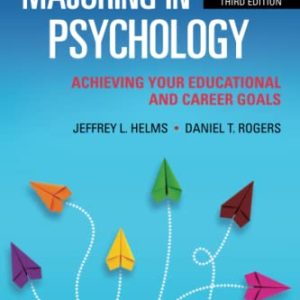
Majoring in Psychology: Achieving Your Educational and Career Goals, 3rd Edition
$15.99 Add to cart -
Sale!
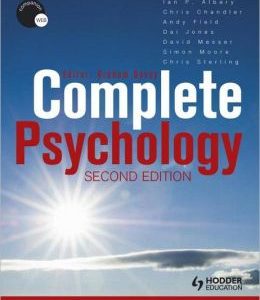
Complete Psychology, 2nd Edition
$8.99 Add to cart -
Sale!
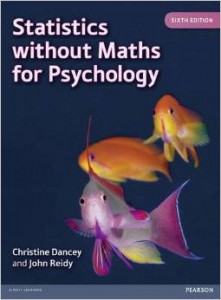
Statistics Without Maths for Psychology, 6th Edition
$10.99 Add to cart -
Sale!

Sleep and Sport: Physical Performance, Mental Performance, Injury Prevention, and Competitive Advantage for Athletes, Coaches, and Trainers
$12.99 Add to cart -
Sale!
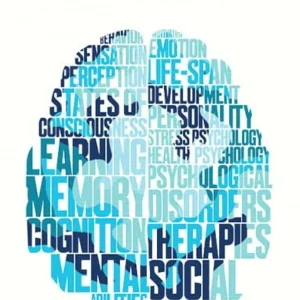
Understanding Psychology (11th Edition) 11th Edition
$10.99 Add to cart -
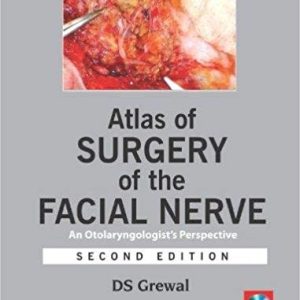
Atlas of Surgery of the Facial Nerve: An Otolaryngologists Perspective 2nd Edition
$13.99 Add to cart

